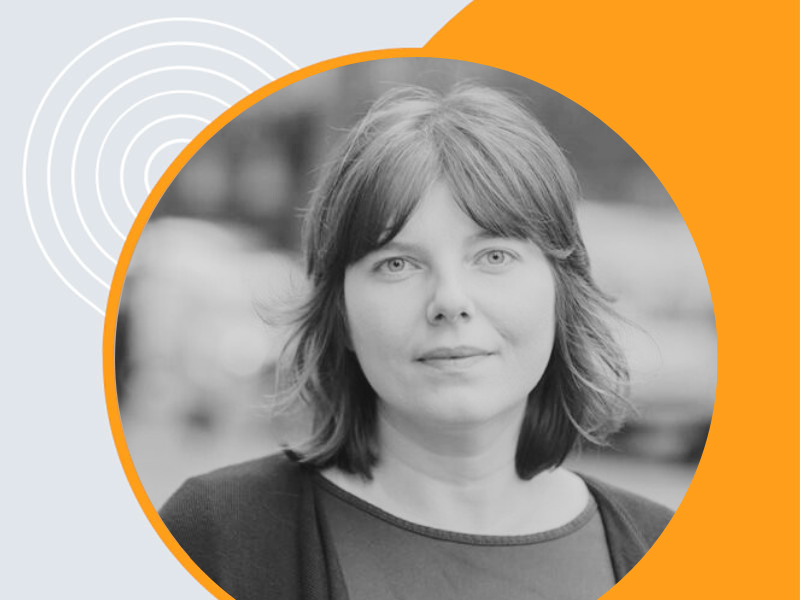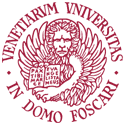Rita Samiolo, King’s College London
Curated by VSM Alumni, May 2025

The Subtle Art of Questioning Accounting to Understand Society
Rita Samiolo is an alumna who graduated in Business Administration from Ca’ Foscari University of Venice. After completing her degree, she moved abroad, where she earned a PhD in Accounting from the London School of Economics and Political Science. There, she received interdisciplinary training that explores accounting, finance, and economic calculation through a socio-political lens, engaging with economic sociology, political economy, and organization studies. She has worked at the London School of Economics, the University of Innsbruck, and is currently Senior Lecturer and Co-Director of the FinWork Futures Research Centre at King’s College London.
In this interview, she retraces the key steps of her academic journey, reflects on the “society of numbers,” shares the challenges she has faced, and offers insight into the value of critical and human-centered knowledge.
From Venice to London: what role did your management education in Venice play in shaping your academic career?
I was a restless management student. I was always interested in the historical, political, and social dimensions of business and organizational governance - topics that did not always emerge clearly during my undergraduate studies. So the few moments when those aspects surfaced were decisive. For instance, it was after a lecture on New Public Management by the unforgettable Barbara Czarniawska - delivered during a visit to what was then the Department of Business Economics - that I decided to write my thesis on the topic. From there, with the help of my supervisor, I began to establish contacts with the UK academic world, which eventually led me to pursue a PhD abroad.
Once I arrived abroad, I realized that the Italian education system had given me important tools—for example, a ‘generalist’ training, open to different methodologies and paradigms. This helped me move comfortably across a wide range of theories and disciplines, unlike many of my peers, whose backgrounds were far more specialized.
Your work explores how accounting and numbers influence political and social decision-making. What drew you to this field?
We live in a world increasingly governed and organized through numbers and calculation - both for better and for worse. Studying the processes of quantification, measurement, and evaluation that underpin how society is organized across diverse domains, and examining the often controversial methods used to make individuals and organizations ‘calculable’ - typically with the ambition to reform, progress, rationalize, democratize - means going straight to the heart of how the governance of contemporary societies works (or fails to work). In English, we often refer to this as the ‘technopolitics’ of the modern world.
Looking at the international landscape, what skills do you believe are essential today for building an academic career with global reach and real impact?
In the society of numbers and in the so-called ‘age of machines’, I believe it is increasingly important not to become mere appendages of computational systems (and thus easily replaceable with each new wave of automation), or passive users of digital tools that appear to simplify our lives but may, as critics like Shoshana Zuboff suggest, also make us less intelligent and less free.
In my view, we need to cultivate knowledge, skills, and sensibilities that help us understand these systems from both within and without—recognizing their potential, but also their limits and dangers. This is crucial not only from a professional standpoint, to seize the best opportunities in the job market, but also in the broader public interest: to retain and expand our capacity to govern this vast machinery that we are constructing, and within which we are increasingly entangled.
What has been the biggest challenge in your professional path, and how did you overcome it? What helped you stay motivated during difficult times?
Leaving behind family and friends, studying abroad in a major metropolis, and becoming a citizen of another country was an incredible growth opportunity - but, like all experiences that foster growth, it was also difficult, especially at the beginning. The sense of uprootedness I felt then has never quite left me. I’ve tried to balance it by staying open to the new, and by challenging myself - with a bit of irony, too.
Beyond your academic career, you are also a mother. What challenges have you faced in balancing academia and motherhood, and what message would you share with those who dream of building a career without giving up on personal life?
As all working mothers know, balancing a career with childcare requires enormous sacrifices - physically and mentally. There are times when you realize that you are not “performing” as well as you’d like, neither at work nor at home, and that the energy and motivation you took for granted before having children are no longer there. This is hard to accept, especially for my generation, which has witnessed a dramatic rise in expectations for women, who are now “free” to move across many roles, not just family care.
There are no magic formulas, but we can start by recognizing the arbitrary, misogynistic, and extractive logic of the culture that constantly demands women do more. We must step away from the imperative of always having to “perform.”
If you could go back, what advice would you give to your freshly graduated self in Venice, just starting out on a path that would lead you to the heart of international academia?
That’s a hard one. Much of my journey has been shaped more by chance and luck than by deliberate choices. Perhaps the best advice would be: “Don’t overthink it” and “Take it one step at a time.”
Rita Samiolo’s story is a reminder to embrace the complexities of the present without ever losing the capacity to ask meaningful questions. Across a career that spans Venice, London, and Innsbruck, she shows us how critical thinking, academic commitment, and personal life can coexist—without giving up one’s humanity. One step at a time, without forgetting where it all began.

